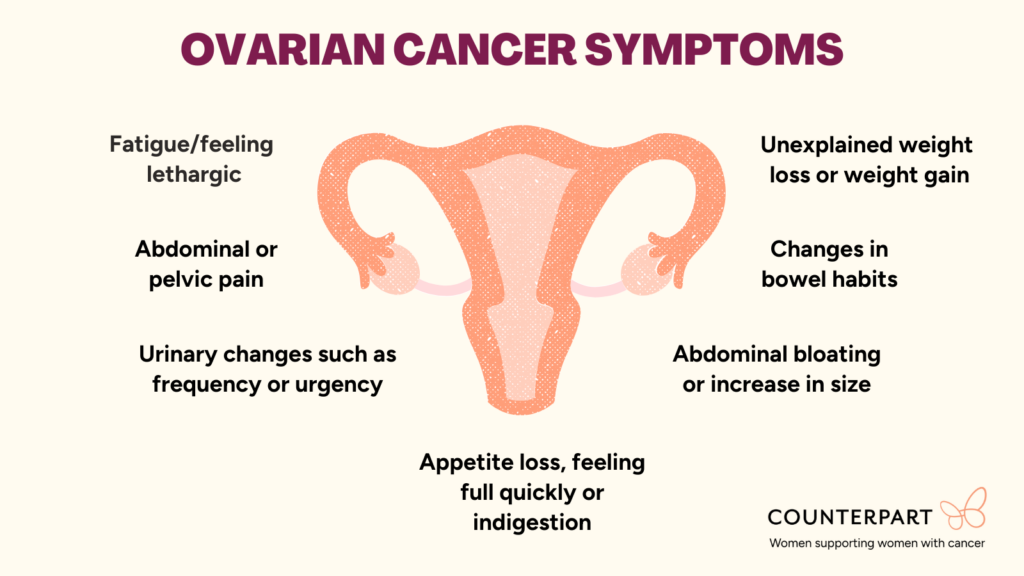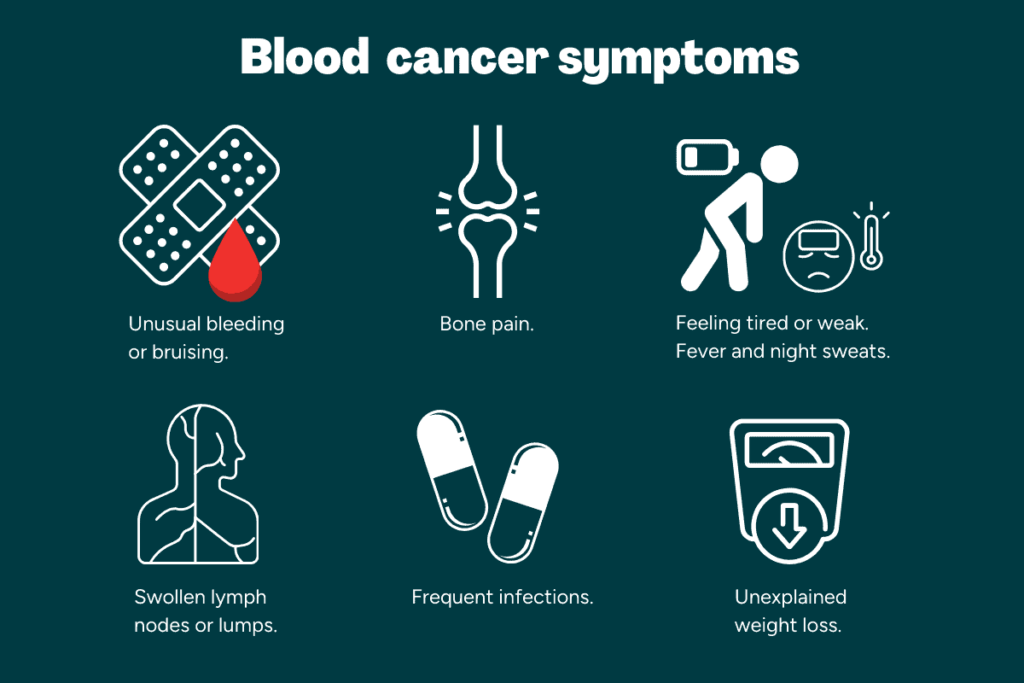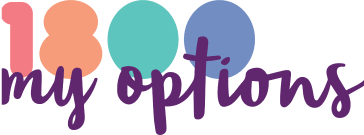What’s new in February
What’s new in February, with links to support, information and other items of interest.
-
-
-
-
- CarerHelp invites carers to join their free online sessions
- Health professional evaluation survey for cancer nursing and support programs
- Early palliative care improves outcomes for people with cancer, study finds
- PROSPCTIVE breast cancer clinical trial
- Cancer survivorship online education program
- EOI: Advancing Cancer Equity Fund
- Webinar: Equity-oriented cancer care: What it is, why it matters, and how systems can respond
- Advancing Equity in Cancer Care Outcomes Symposium
- Be Part of the Regional Cancer Care Community
-
-
-
CarerHelp invites carers to join their free online sessions
CarerHelp is now offering free online sessions for families caring for someone nearing the end of life. Led by experienced health professionals, these sessions cover a range of topics and are designed to meet carers where they are on their journey. Upcoming sessions include:
Preparing for caring as illness advances
🔹February 10, 11am
🔹March 10, 11am
Preparing for the last weeks
🔹February 10, 1pm
🔹March 10, 1pm
Living beyond loss: Finding your way through grief
🔹February 24, 2pm
🔹March 24, 2pm
For full details and to register visit the CarerHelp website.
Health professional evaluation survey for cancer nursing and support programs
Health professionals who provide care to people affected by cancer are invited to take part in a survey that aims to improve access to information, navigation and support.
The survey relates to the Australian Cancer Nursing and Navigation Program and the Cancer Patient Support Program. It seeks to understand your awareness of these Programs and your confidence in using the services and resources they fund.
The Australian Department of Health, Disability and Ageing has engaged Nous Group and Queensland University of Technology to evaluate the Programs. The evaluation will explore how well the funded services support the objectives of the Australian Cancer Plan and the Aboriginal and Torres Strait Islander Cancer Plan.
The survey should take approximately 10 minutes to complete and will close on 6 March 2026.
To read more and take the survey visit the Nous Group website.
Early palliative care improves outcomes for people with cancer, study finds
A new study, just published in the Medical Journal of Australia, shows that early access to palliative care can make a significant difference to the quality of end-of-life care for people dying of cancer in Victoria.
The population-based study analysed health records for more than 53,000 adults who died from cancer in Victoria between 2018 and 2023. Researchers found that while most people (73%) received palliative care at some point, only around one in three received it early-defined as more than three months before death.
The study found that people who received early palliative care were more likely to have an advance care plan and die outside hospital if that was their preference. They were also far less likely to have multiple emergency department visits, hospital admissions, or chemotherapy in the last month of life.
Read the study via the Wiley Online Library.
PROSPCTIVE breast cancer clinical trial
The PROSPECTIVE clinical trial builds on the success of an earlier study, PROSPECT, which involved participants with a single low-risk breast cancer undergoing an MRI scan before surgery. Findings from the PROSPECT trial were promising: only 1 out of 101 participants experienced a recurrence within the first five years, even without receiving radiotherapy, which was much lower than expected.
PROSPECTIVE is the next phase of this important research and is now open to people who:
– Are aged 50 or over
– Have early breast cancer (confined to the breast and possibly nearby lymph nodes).
– Have had their cancer detected through standard imaging, such as a mammogram, with or without an ultrasound
To learn more about takin part visit the Breast Cancer Trials website.
Cancer survivorship online education program
The Australian Cancer Survivorship Centre’s (ACSC) online education program has been updated and relocated from the eviQ Education platform to the VCCC Alliance – Centre for Cancer Education (CCE). This refreshed 6-module introductory course supports health professionals to better understand and respond to the needs and experiences of cancer survivors. Access practical, evidence-based tools, tips and resources to enhance care.
For more information visit the VCCC website.
EOI: Advancing Cancer Equity Fund
Are you passionate about improving equity in cancer care for underserved communities in Victoria? The VCCC Alliance invites you to apply for the Advancing Cancer Equity (ACE) Fund. Up to $60,000 per project is available, with two projects to be supported, from July 2026 for up to 18 months.
The fund provides early support for innovative, scalable projects that enhance the safety, accessibility, and effectiveness of cancer care for Aboriginal and Torres Strait Islander Peoples, culturally and linguistically diverse (CALD) communities, and regional and rural populations.
Applications are open now, for full details visit the VCCC website.
Webinar: Equity-oriented cancer care: What it is, why it matters, and how systems can respond
Join live: Tuesday 24 February, 12.30pm–1.30pm
This webinar, delivered by the VCCC Alliance and designed for health professionals, explores equity‑oriented cancer care and opportunities for equity‑informed practice, with a focus on people experiencing homelessness and cancer. Discover how cancer care systems can better support this underserved population, who face higher cancer rates and significant barriers to treatment. Join Dr Tara Horrill as she introduces equity‑oriented cancer care and shares practical ways health services can deliver more inclusive, trauma‑informed, and culturally safe support.
To read more and register visit the webinar page
Advancing Equity in Cancer Care Outcomes Symposium
11 March, 9.00am – 3.30pm | Melbourne Science Gallery (Melbourne Connect) and Online | Audience: healthcare providers, researchers, communities, and consumers
Victoria is recognised globally for its leading cancer system, yet the benefits of this care are not experienced equally by all Victorians. Where people live, their income, cultural background and how the system responds to them continue to shape cancer care experiences and outcomes.
This upcoming event will bring together leaders, researchers, health workers and community members to explore why equity in cancer care matters and how we can move from awareness to action. Through a keynote address and project presentations, the program will highlight real‑world examples of efforts to assess and address inequities across the cancer care continuum, informed by research, lived experience and practice.
Sally Hasler, CEO of Women’s Health Victoria, will present as part of the program, contributing expertise in gender, inclusion and intersectionality. Co‑chaired by Professor Jennifer Philip and Professor Jacinta Elston, the event aims to strengthen shared understanding, collaboration and momentum toward more equitable cancer care for all Victorians.
View the event page on the VCC website for more information.
Be part of the regional cancer care community
The establishment of the Australian Comprehensive Cancer Network is an important step toward ensuring all patients across Australia, regardless of who they are or where they live, are linked to the best available cancer care as close to home as safely possible.
In Australia, survival rates for most cancers are among the best in the world. However, cancer outcomes are not experienced equally by all people across Australia. There are significant disparities in cancer outcomes for some populations, including people living in rural and remote areas, and Aboriginal and Torres Strait Islander people.
The Australian Comprehensive Cancer Network (ACCN) aims to address these disparities through an integrated national network that connects cancer services all across Australia.
This online community provides a dedicated space for regional and rural cancer care professionals nationwide to share opportunities, discuss clinical questions, exchange ideas, promote research, and access relevant resources.
To participate and make the most of this growing network visit the ACCN website.

 Women’s Health Victoria (WHV) has asked
Women’s Health Victoria (WHV) has asked 





